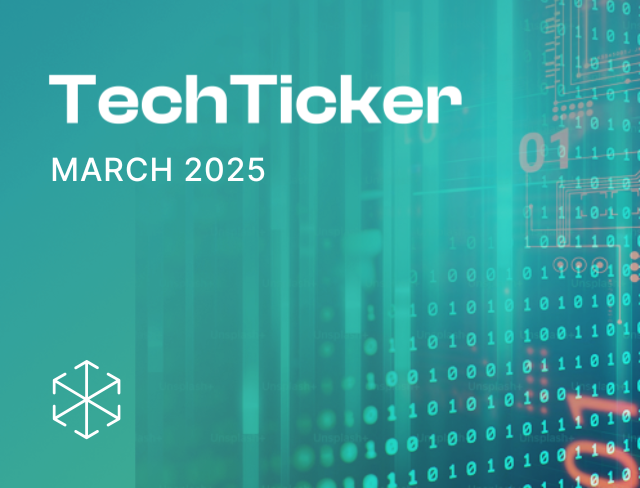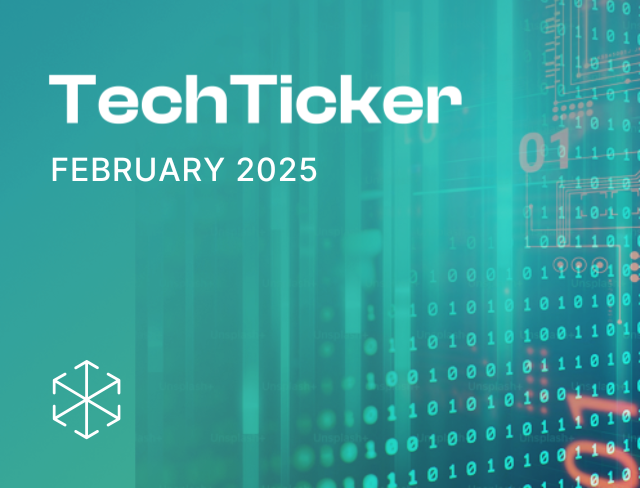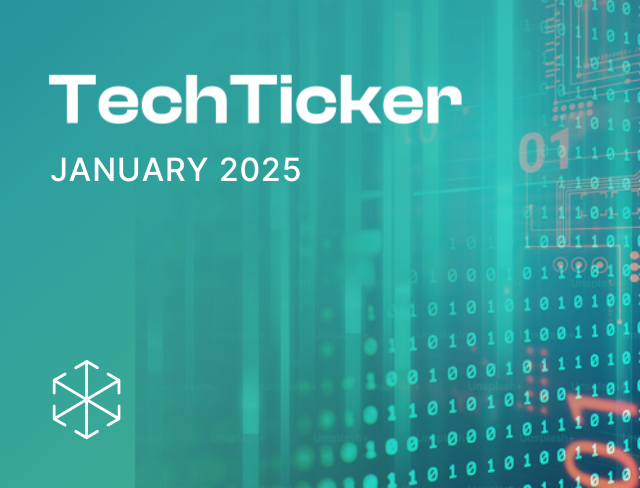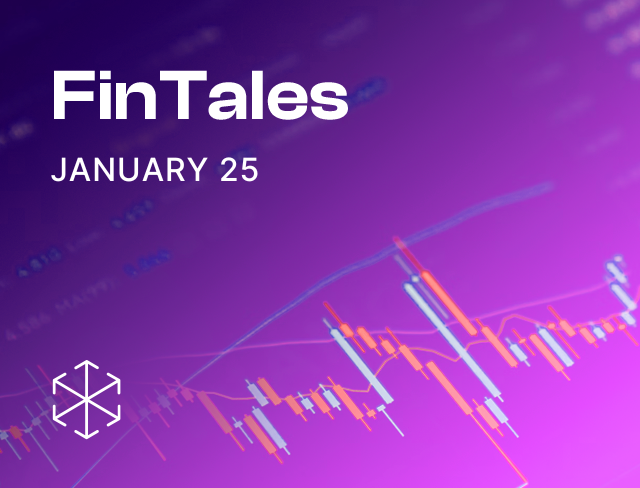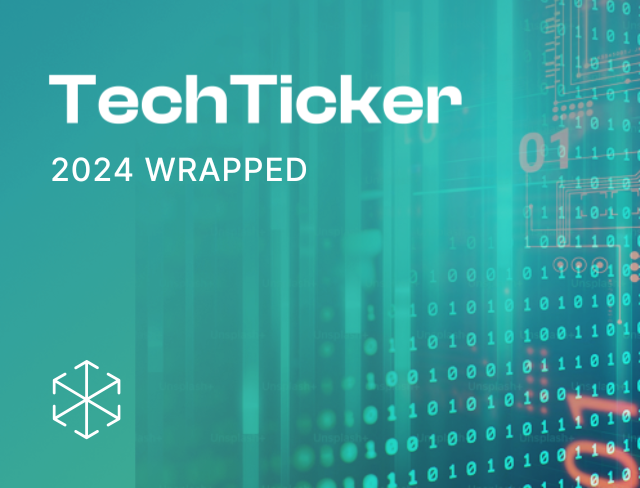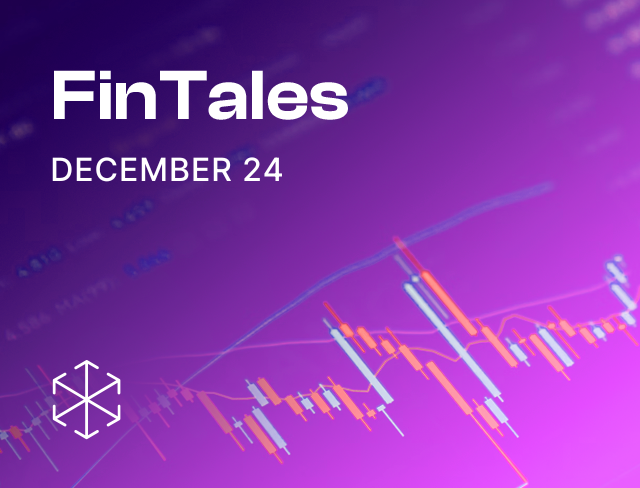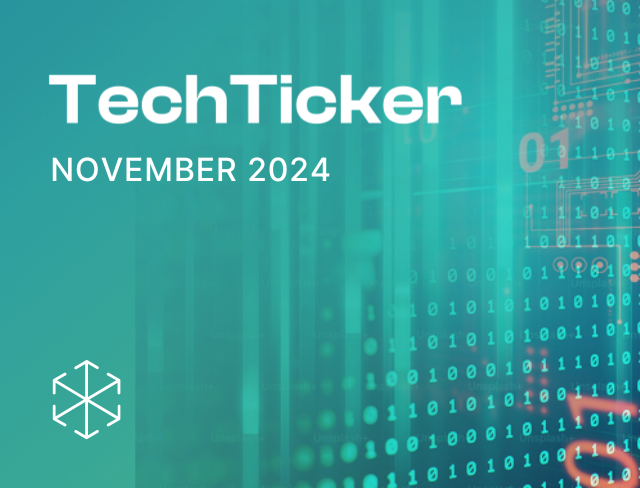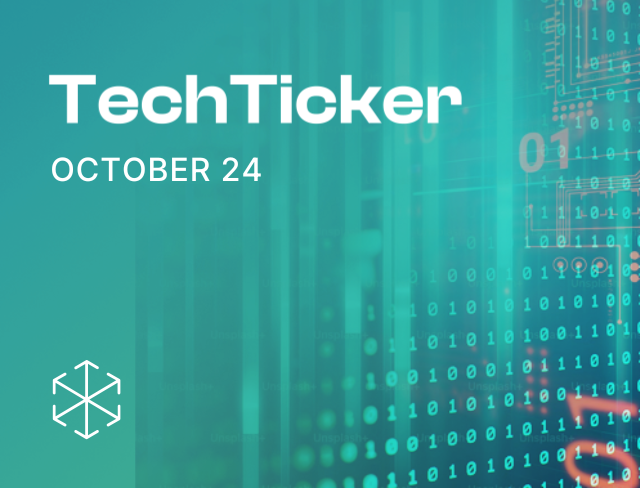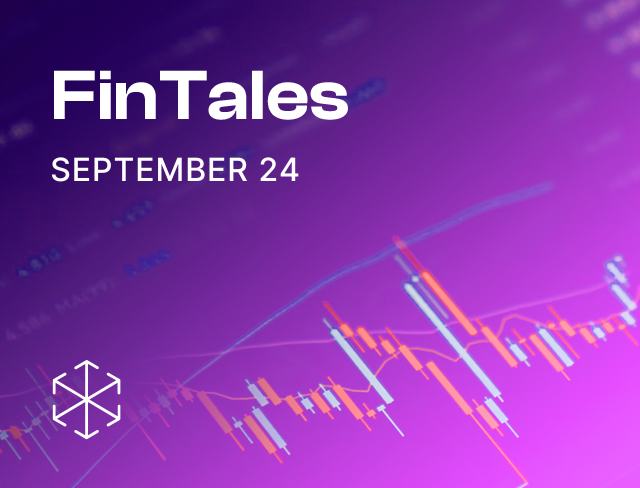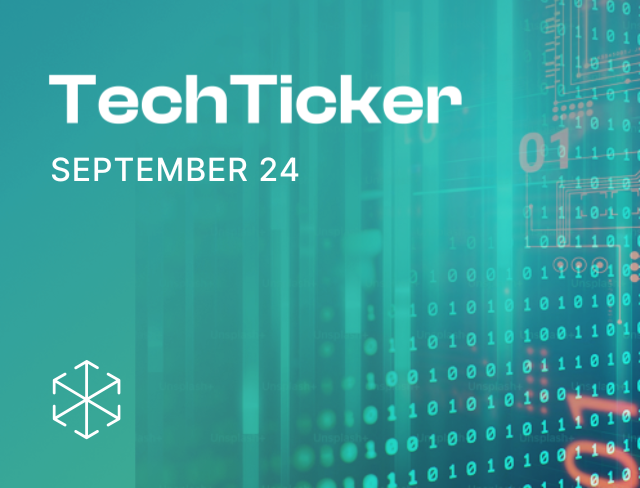
‘Help will always be given to those who petition for it’– The Karnataka High Court lifted the blanket ban on online gaming in the state, after the industry challenged the state’s power to impose such a ban. We also have some news for our readers who want to know if crypto is legal after the Union Budget announcements.
Hi there! Before we dive in, we would love for you to attend our flagship event on data protection in collaboration with Inc42- ‘Unscramble’ on 24 February 2022. We will talk about how India’s data protection law will impact startups including compliance and data sharing requirements, restrictions on cross-border data transfers, among other themes. The registration link is here. For some contextual reading, check out Kanupriya’s piece, here.
Data protection law, where art thou?
Reports suggest that the government may now put out a fresh, re-drafted data protection law.
Rumour has it: There is some speculation over why the government is opting to draft a fresh law. Theories suggest that India is responding to pressure from the US government on the current version of the data protection bill. The government is also looking to wait until the United States Trade Representative (USTR) report on India is released, likely in April 2022. This is because India wants to restore its Generalized System of Preferences (GSP) rights. The government is also concerned about endorsing the bill with provisions granting wide exemptions to state agencies.
A little refresher: A Joint Parliamentary Committee (JPC) was set up in 2019 to examine the Personal Data Protection Bill (PDP Bill). The JPC came out with its report in December 2021 and made several recommendations. A major change was to re-name it the Data Protection Bill (Bill) to include non-personal data (business information/anonymised data) within its ambit. The report contains the JPC’s version of the Bill. Now, the ball is in the IT Ministry’s court. The government will withdraw the PDP Bill, and re-draft it based on the JPC’s recommendations. It is not bound to follow the recommendations and is free to draft a fresh law. This will need cabinet approval before it is introduced in Parliament and put to a vote. Here’s our summary of the JPC report, and a clause-wise mapping of the PDP Bill, against the report.
Minister of State (MoS), IT Mr. Rajeev Chandrasekhar’s comments on tech law and policy: The MoS said that the government did not want to rush into data regulation and play catch up through amendments. He also spoke about the need to update the Information Technology Act, 2000 for the new digital age and how cross-border flows were inevitable in this era. The MoS also advocated for reducing compliance costs for startups in the data protection regime.
What’s next? It is unlikely that the Bill will be introduced in the second half of the Budget Session of Parliament (March 14- April 08 2022) as the government is expected to continue public consultations. The upcoming USTR report and the government’s concerns about the Bill not passing constitutional muster may be causing delays.
Online content regulation, and, erm, a tale of two countries?
Bangladesh has released draft rules to regulate social media and OTT platforms. The draft rules are similar to India’s IT (Intermediary Guidelines and Digital Media Ethics Code), Rules 2021 (IT Rules).
Common ground: Both regulations share similar definitions of what an ‘intermediary’ means (cloud service providers, internet service providers, online payment sites, etc.). They also have similar provisions on due diligence for intermediaries (publishing privacy policies, informing users not to host, display information which is false or untrue, infringes proprietary rights), tracing messages shared by first originator on a messaging platform, code of ethics fleshing out age categories, content descriptors for OTT content, and tiered grievance redressal mechanism, among others. Both countries also share a common intent to prevent user harm.
The power to influence: It appears India is increasingly influencing tech policy in its neighborhood. Pakistan, is releasing a data protection law with provisions on data localization, similar to ours. While our IT Rules have been challenged by the industry for muzzling free speech, what do you think will be the fate of Bangladesh’s new rules?
In Karnataka, it’s a slam-dunk for the gaming industry!
In September 2021, the Karnataka government put a blanket ban on online games. This led to several gaming companies moving their operations out of Karnataka. Subsequently, gaming companies and industry associations including the All India Gaming federation challenged the ban in the Karnataka High Court . On 14 February 2022, the High Court partially overturned the ban in a clear win for online gaming in Karnataka. The High Court showed leadership by noting the value of expert consultation, and tech solutions in regulating emerging areas like online gaming; leadership that Nehaa and Shambhavi hoped for.
What was the ban about? The law banned all pay-to-play games, that do not require a gamer to pay money for each move they make in the game (e.g., casual games like candy crush). It also made wagering on games of skill, illegal. This derails from established precedents set by the Supreme Court of India, which say that if a game requires more elements of skill than elements of chance it will be regarded as a game of skill.
The gaming industry had argued that the Karnataka government is not the correct authority to impose this ban as it is only empowered to make laws on betting and gambling, and not on games of skill. In contrast, the government said the ban was a social legislation to protect the financial interests of citizens. It also said that any game where stakes are involved would be ‘gambling’, even if the stakes are on games of skill.
The judgment that quotes… Shakespeare: To depict the consequences of games of chance, the High Court quoted from the exchange between Portia and the Prince of Morocco from the Merchant of Venice. Translated to the English we speak today, the Prince of Morocco references Greek mythology to say that when Hercules and Lychas played a game of dice, the winner is not the greater hero but the luckier man at the time. Building on this, the High Court acknowledged the ban’s failure to address the difference between games of skill and chance as a violation of the constitutional right to equality. It said that the ban would breach companies’ right to carry on trade. The High Court said that gaming companies can continue to offer online games of skill that are played for money, and clarified that games of skill played online do not automatically become games of chance. The High Court also recommended that experts should be consulted while drawing up regulations in technologically advanced spaces like online gaming.
In case you missed it
Mercury is in retrograde for
Virtual digital assets (VDAs): Finance Minister Ms. Nirmala Sitharaman introduced a tax of 30% on income from VDA transactions and 1% TDS on its transfer, in this year’s Union Budget (Budget). But what is VDA? A VDA includes, among other things, cryptocurrencies and non-fungible tokens. The government is also considering expanding the scope of VDAs to include any new use case of a virtual asset. Reports suggest the government may ‘fine-tune’ provisions to tax VDAs to keep pace with its dynamic nature, and after consulting with the industry. Income from crypto transactions was taxable earlier but the Budget brings clarity in terms of how these transactions will be taxed. Meanwhile, maintaining his prior stance, the Deputy Governor of Reserve Bank of India, Mr. T. Rabi Shankar has compared cryptocurrency to Ponzi schemes and advocated against its legal recognition.
Check this Ikigai explainer on what the Budget means for cryptocurrency. For more on what the Budget holds for the tech industry, read our detailed summary here. Also, watch Anirudh’s conversation with Member of Parliament Ms. Priyanka Chaturvedi as they talk about policymaking for emerging technologies. For all things crypto, see here and here.
Stars have aligned for
Drones: In 2021, the drone industry got a much-needed push with the Drone Rules 2021 easing compliance requirements for using drones, an airspace map and a Production Linked Incentive (PLI) for drone manufacturers. The Budget also promoted ‘Drone Shakti’ through ‘kisan (farmer) drones’ and ‘drones-as-a-service’ for startups. Read more about the Drone Rules and the PLI scheme here and here. Also, the Directorate General Foreign Trade banned imports of drones, except drone components. This ban will not apply to imports for security, research and development, or defence purposes. In other news, you no longer need a drone pilot license to operate small drones for non-commercial purposes. Instead, users can obtain a ‘Remote Pilot Certificate’ which is issued by an approved drone school through the single window Digital Sky Platform. Meanwhile, the Ministry of Civil Aviation released the relevant forms to obtain ‘type certificates’ for drone models, registration of drones, and registration of remote pilot license training organisations. It also released the Certification Scheme (Scheme) for Unmanned Aircraft Systems. This applies to indigenous drone manufacturers, assemblers and importers. The Scheme requires various safety features to be installed on drones, which will need to be verified before they are approved.
That’s all from us, folks! We’d love to hear your thoughts on the top stories of the week and the new update to the tech ticker. Write to us at contact@ikigailaw.com.

